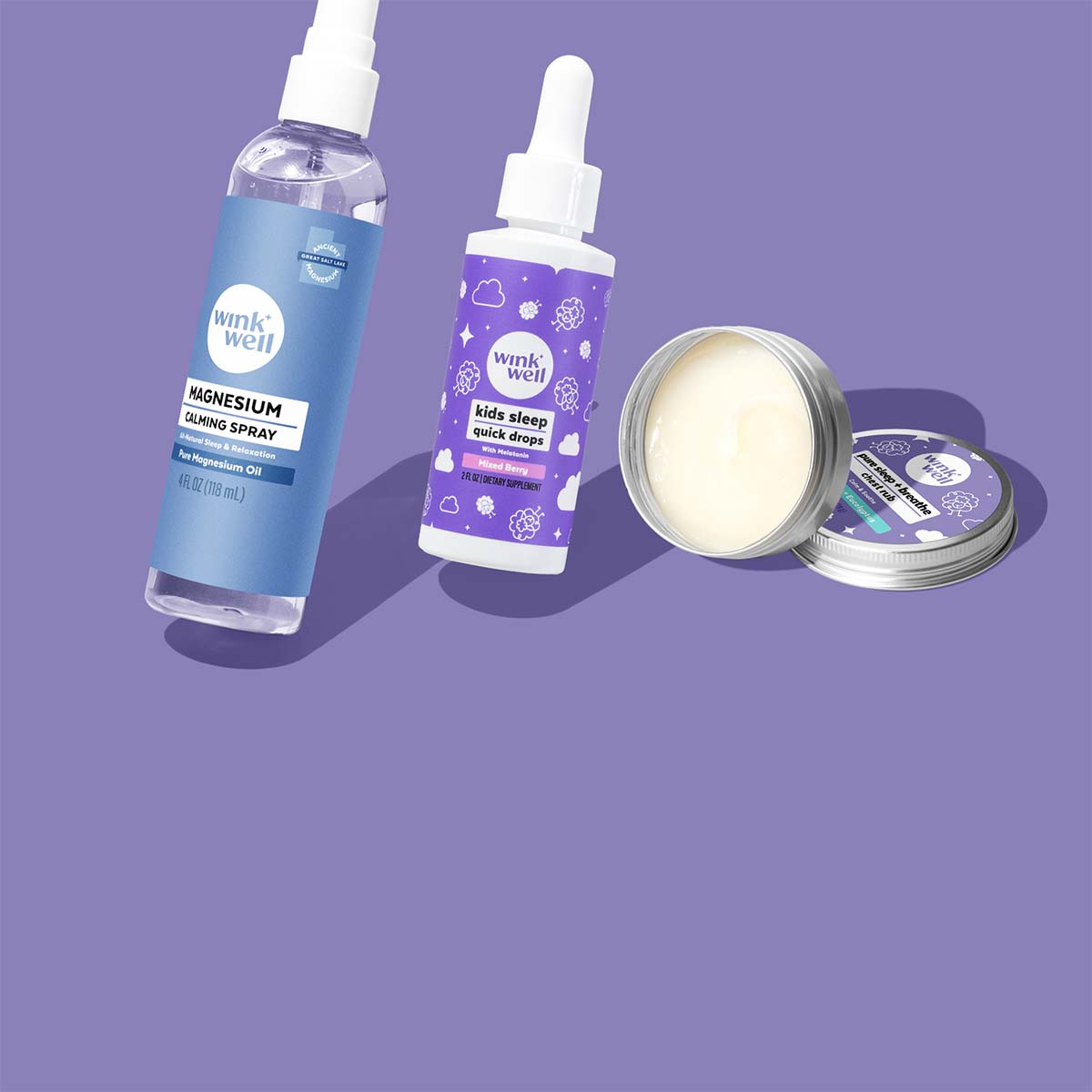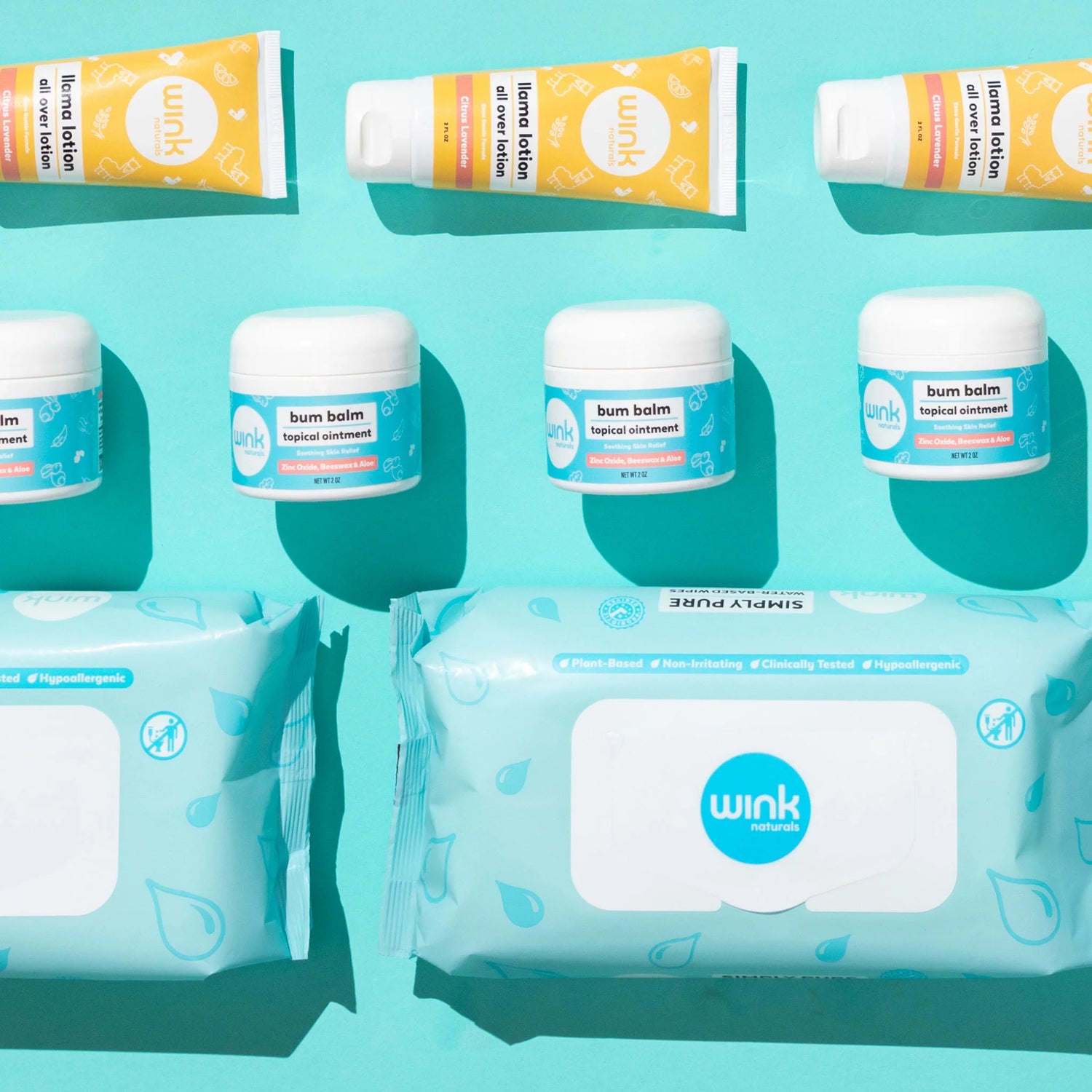We know this can be a heated debate amongst parenting circles. We just want to lay out some things to consider when choosing diapers for your baby. In terms of diapers and other baby care necessities, choosing the right kind for your child is important. A few simple things such as skin sensitivity, body shape, eco awareness and nighttime use all come into play. Parents still struggle with the cloth vs. disposable diaper discussion. We have put together this comprehensive list to help you make your decision a little easier.
To assist you in making an informed choice, this article will walk you through the advantages and disadvantages of both cloth diapers vs. disposables. Pros and cons. No one method or type is without it’s pros and cons so lets dive in.
- Traditional diapers that have been in use for a very long time are cloth diapers. Chances are, if you’re over the age of 30, you were in cloth diapers at some point. Often, natural fibers like cotton, hemp, and bamboo are used to make them. Nevertheless, back then, flats and prefolds, which had to be folded and pinned around your baby's bottom, were the only kinds of cloth diapers available. Modern cloth diapers were developed to combine the advantages of traditional cloth diapers with the features of disposable diapers as a result of the technological revolution. Modern cloth diapers can come with a liner that is thrown away reducing the overall waste, but still contributing to landfills. Washing cloth diapers is the main method or reducing, reusing and reupping your diapers daily.
- Since they were created in 1948, disposable diapers have been renowned for the very absorbent polymers that line their interiors. Disposable diapers took dominated the market and rose to become the most widely used diapers worldwide because of their high porosity qualities. Disposable diapers can be thrown away after they are dirty since, as their name implies, they are only used once. Since the introduction of disposable diapers, many brands have sprung up offering various benefits to parents. Some of the ingredients used in disposable diapers have been known to cause irritation. Many new brands offer “clean” diapers with little to no chemicals used.

Comparison of Cloth vs. Disposable Diapers: Benefits and Disadvantages
The advantages of wearing cloth diapers are as follows:
- They are created from natural materials that are exceptionally soft on a baby's skin, including cotton, terry cloth, or flannel. Pre-folded parts or an all-in-one cloth diaper that resembles disposable diapers are available.
- Over time, cloth diapers are less expensive than disposable diapers. Cost savings may make it worth using cloth diapers.
- Children who wear cloth diapers will notice they are wet earlier, which can motivate them to get toilet trained, making it simpler to begin potty training earlier.
- Far less landfill effect as you’re washing your diapers after each use.
Limitations of Cloth Diapers
- Although some cloth diapers have disposable liners that make them easier to clean, they can be a little messy for new users.
- You will likely need to do two to three extra loads of laundry every week if you use cloth diapers.
- Some may say that they aren’t as convenient as disposable diapers. If you’re out and about and your child requires a diaper change, you tote the soiled diaper with you until you can wash it.
The advantages of wearing disposable diapers are as follows
- Convenience is a big factor. You just toss away the soiled diaper and there is no need to wash.
- Choosing a size is simpler when you consider your baby's weight and age.
- They are convenient for vacation because you don't have to carry dirty diapers back home.
- Not having to wash soiled diapers is a big plus.
The drawbacks of using disposable diapers are as follows
- Chemicals, colors, and gels found in disposable diapers have the potential to be harmful. These poisons may cause reactions in some infants, resulting in recurrent diaper rashes.
- Potty training might be challenging with these diapers because of their extreme absorbency.
You should now be able to decide which is best for your infant after carefully weighing the advantages and disadvantages of cloth diapers and disposable diapers. Depending on your convenience and your baby's comfort, you can always choose one and then swap it to the other. In the same way, you can choose one or alternate between the two according to convenience.
Ultimately you get to decide and if you want to try both at the same time, that is always an option. Give cloth diapers a try for a few weeks and see if it is something you can get used to. If not, you will always be able to switch to a disposable diaper.
Read More
7 Critical Times to Moisturize Your Skin (+Other Fun Skincare Tips)
11 Ways To Keep Your Heart Healthy (And Add Vitality To Your Life)







Leave a comment
All comments are moderated before being published.
This site is protected by hCaptcha and the hCaptcha Privacy Policy and Terms of Service apply.